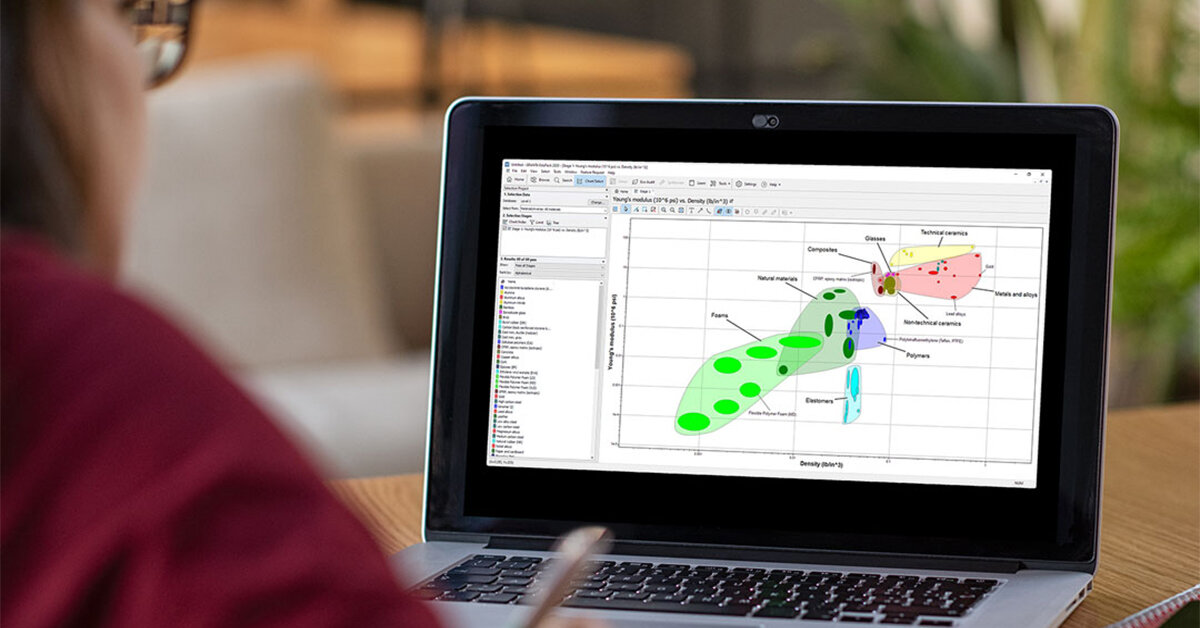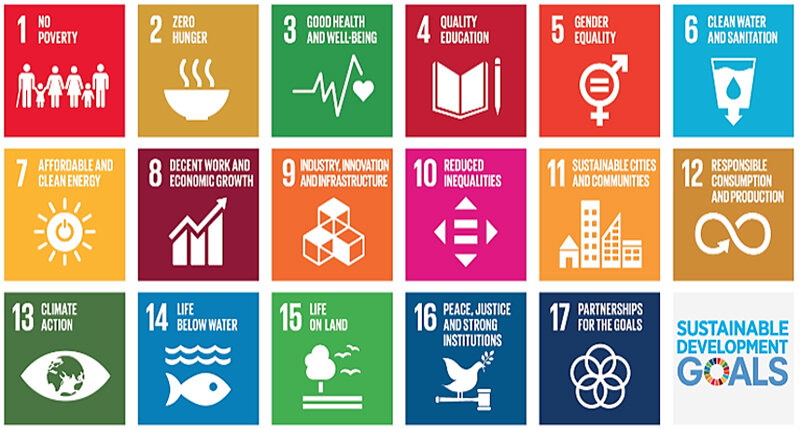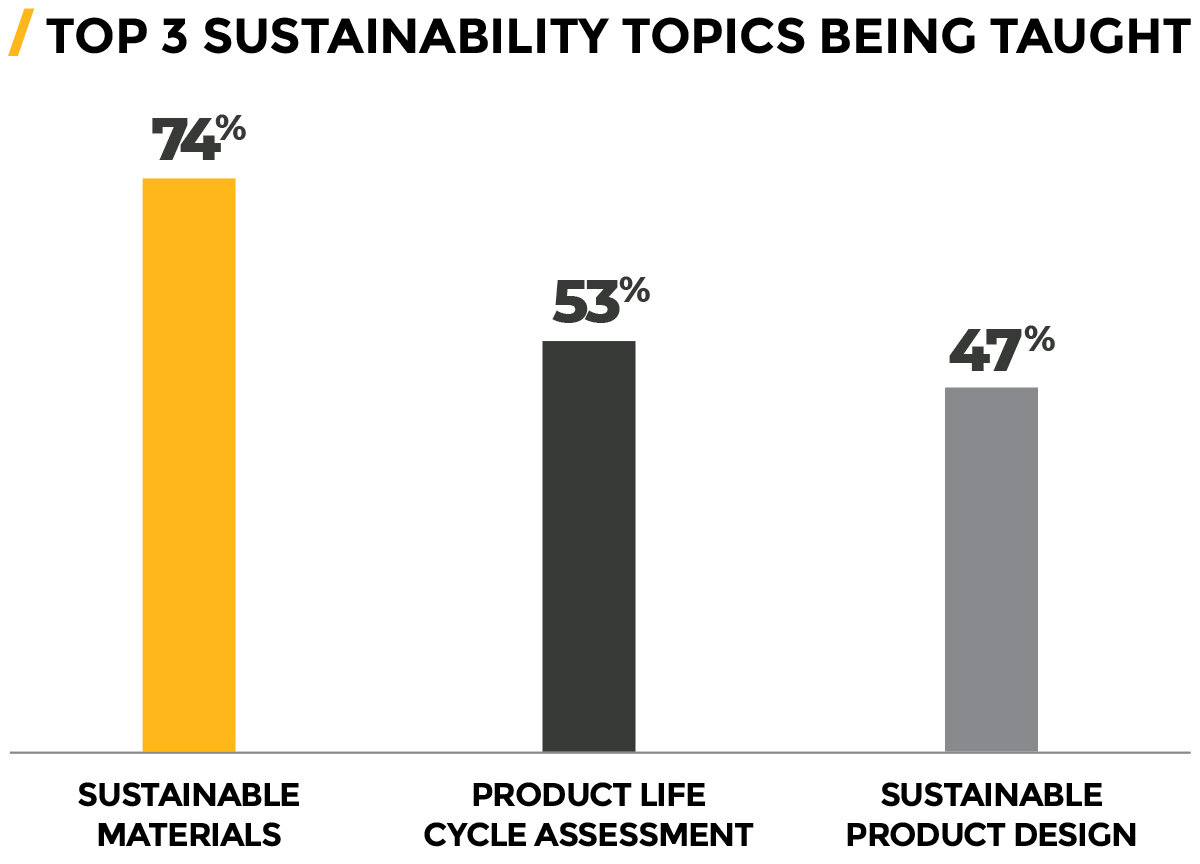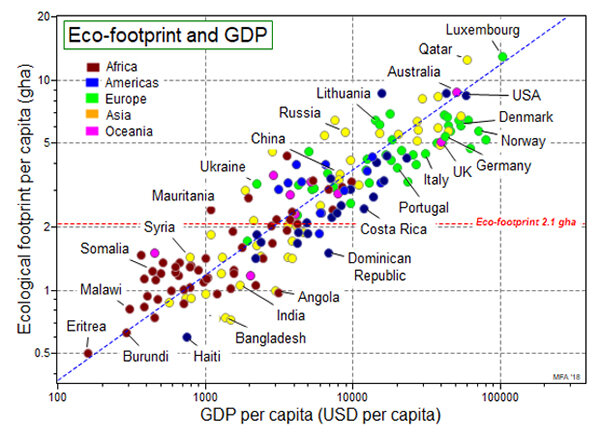What training do Future Engineers in Sustainability need?

Training the next generation of engineers, scientists, designers and architects combines equal amounts of futurology and strategic planning. University programs need to focus on the topics and skills that will be relevant to students at the end of their educational journey. This has always been a complex task, and even more so now that the COVID-19 pandemic has propelled a shift toward hybrid or fully remote learning. Educators are adapting their teaching to virtual classrooms without access to lab facilities, and are relying on simulated experiments to produce some form of practical learning activity. The pandemic has also accelerated another trend in education: sustainability and its associated subjects, such as ecodesign, critical materials and the circular economy.

Engineering educators can help the United Nation acheive its sustainable development goals in many ways.
Most universities and engineering schools have already integrated sustainable development courses in their curricula, with varying degrees of intensity and depth. However, the current turmoil caused by the pandemic has made the entire world more aware of the frailty of a global network of interconnected supply chains and brought to light the need for more resilient environmental, social and economic systems. Governments and private investors alike are putting money on the table to shift gears and bring several sustainable themes to the forefront, including electrification, low-carbon energy systems and energy-efficient buildings. In academia, students now expect to learn how to apply their technical knowledge to sustainability challenges.
As a company centered on “solving the unsolvable” by providing the innovative tools that allow research and development teams to accomplish their most advanced projects, Ansys is recognized not only for its contribution to large industrial companies but also for its support of academic programs and student teams. It reinforced this position with the acquisition of Granta Design in 2019, a spin-out from the Mechanical Engineering department of the University of Cambridge, which is focused on delivering material intelligence to assist the development of better, greener and safer products. Founded by professors Mike Ashby and Dave Cebon, Ansys Granta has engineering education and sustainability ingrained in its DNA, offering Granta EduPack and hundreds of resources aimed at enhancing materials-related teaching with comprehensive databases, visualization and selection features. Drawing from Ashby’s leadership in the field, as well as collaborative R&D projects, the EduPack established itself as a reference for interdisciplinary and project-based teaching in science, engineering, design and architecture courses.

However, with a shift to hybrid and digital classes comes a reassessment of program priorities. From an academic product development perspective, this is somewhat of a double-edged sword: There is a clear demand for software solutions, but the content required is quickly changing and multiplying. To keep abreast of educators’ needs and the orientation of pedagogical evolutions, the Granta EduPack development team incorporates academic feedback when coming up with new functionalities. User group meetings are regularly organized for academics to share their experiences using the software, suggest improvements and connect with each other.
This February, the Granta Education Team held a sustainability-focused user group meeting to drill down into the current state of affairs and collect feedback from leading educators worldwide. With 20 professors from 18 different institutions, such as the University of Illinois at Urbana-Champaign (US), University of Cambridge (UK), TU Delft (the Netherlands), KTH Royal Institute of Technology (Sweden), Stellenbosch University (South Africa) and FEI (Brazil), the gathering featured 10 presentations of use cases from the attendants, a session on current and future developments, as well as focus groups.

The Granta EduPack provides multiple datasets to discuss the articulations of sustainability in the classroom and student projects.
Surveys were sent before and after the event, which supplied insights on the use of sustainability data and tools. The survey results revealed that the EduPack has been successfully used with large groups of students to broadly introduce issues in the field of sustainable development, but also in smaller configurations for sustainable product design in capstone projects, for instance. The participants shared their visions for sustainability education, which included a variety of topics, such as life cycle and sustainability assessments, the circular economy, ecodesign and sustainable materials. With its Eco Audit tool, teaching resources and active methodology support, the EduPack was generally lauded for its ability to address tricky concepts related to environmental trade-offs in material selection and how to achieve the United Nations Sustainable Development Goals.
Ultimately, by fostering these interactions with the academic community, the event has indicated some important routes for data, tool and resource development, emerging directly from our expert user base. With this information, future versions and updates of the Granta EduPack will continue to allow educators to prepare the next generation of professionals to tackle the challenges the 21st century still has in store. In the meantime, you can learn more about the Granta EduPack 2021 R1 and its sustainability resources here, or contact our team for a demonstration.
